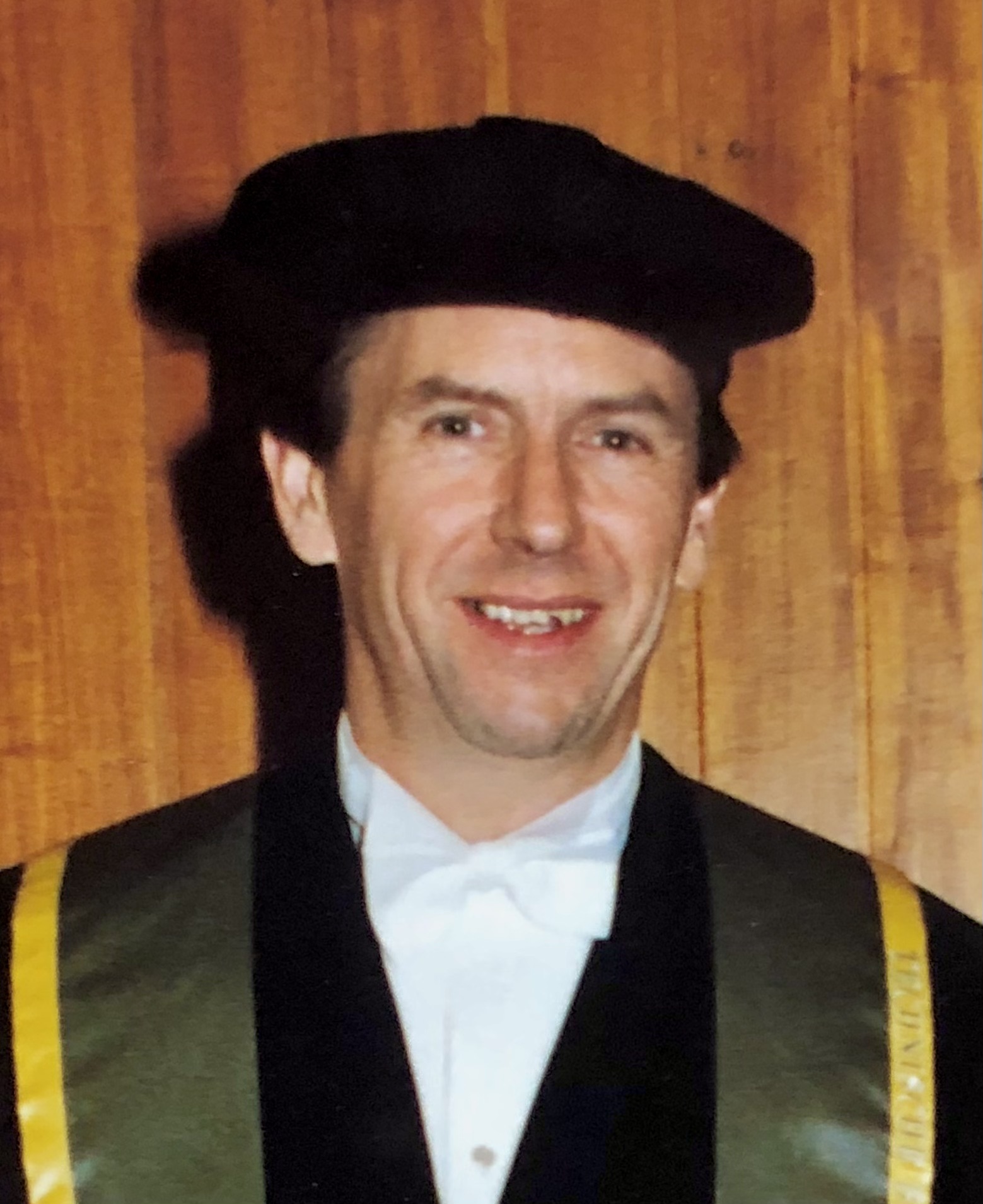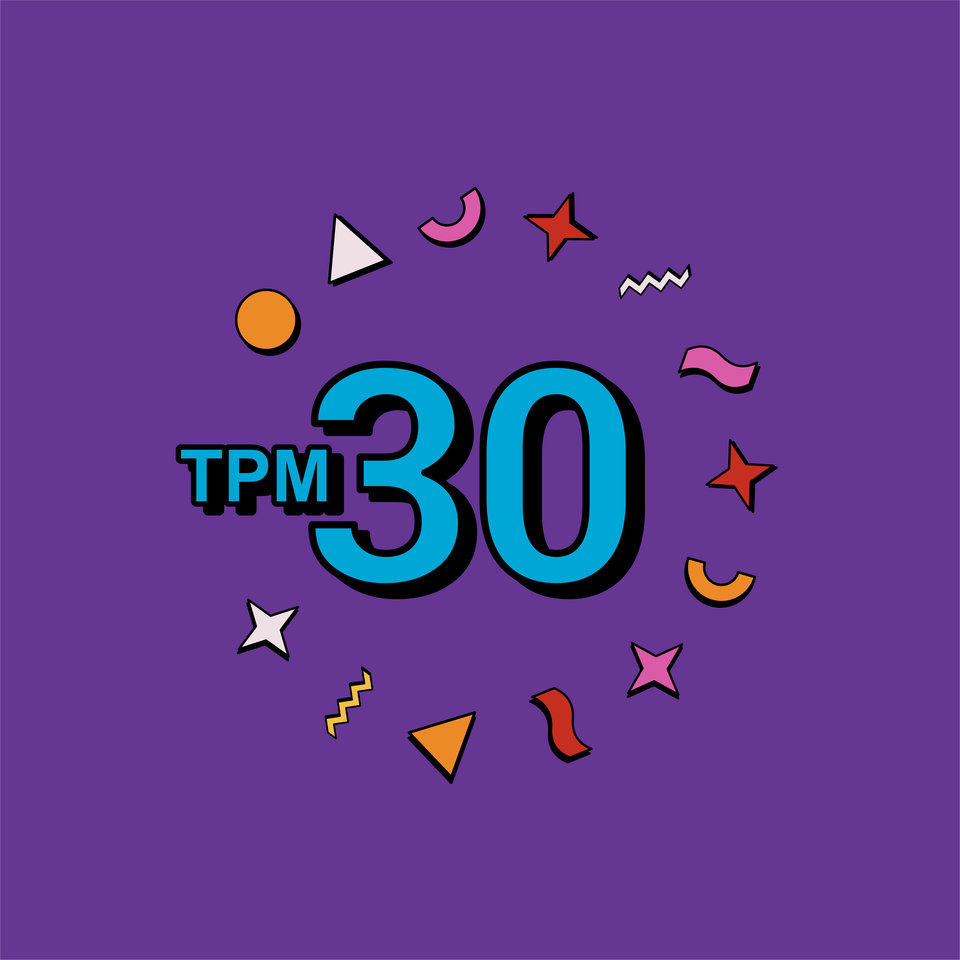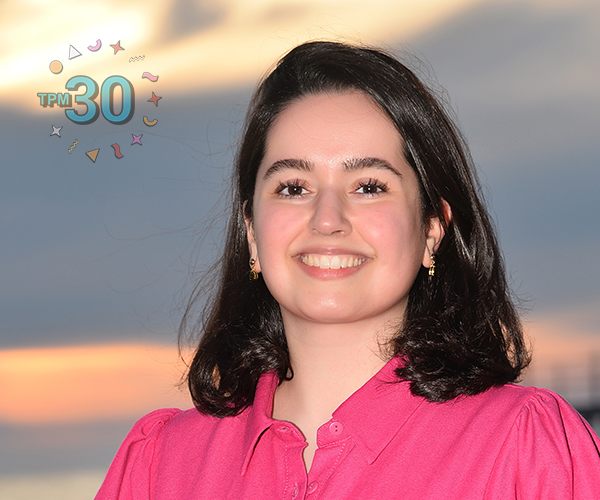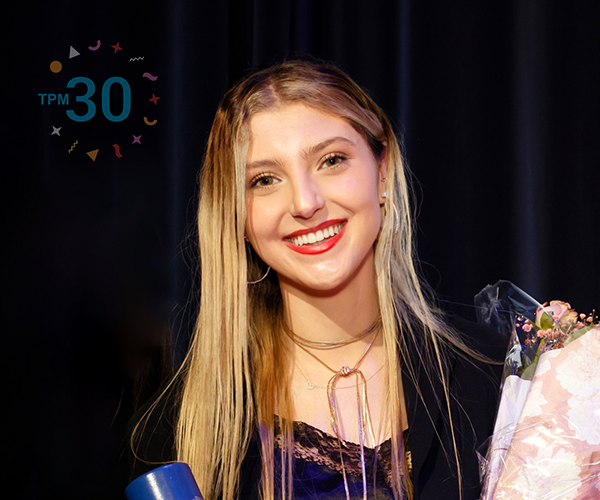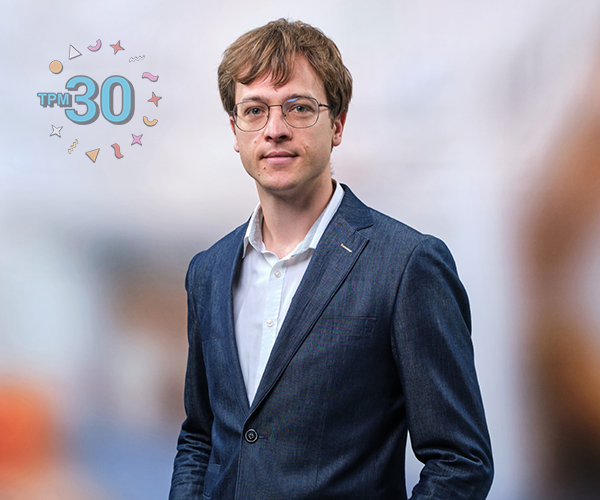TPM Portraits: Wil Thissen
When TU Delft launched its degree programme in ‘Technische Bestuurskunde’, back in 1992, it was seen as alien. Was a university of technology really the right place for this study? What’s more, should it be a stand-alone programme or an additional package of courses? Wil Thissen, Emeritus Professor in Systems and Policy Analysis, is one of the founders of TB. He explains how the programme, which forms the basis for the Faculty of Technology, Policy and Management, came into being, despite some initial setbacks.
After TU Twente launched its programme in Public Administration in the late 1970s, politicians in The Hague were eager to see a similar programme ‘closer to home’. “Especially in the public sector, there was also a need for administrators with a background in technology”, explains Wil Thissen. This was why, in the early 1980s, the Minister of Education called for a programme in the Randstad.
Leiden and Rotterdam quickly came up with plans for a joint Master’s programme in Public Administration. TU Delft did not join them. Thissen: “Delft was only interested in educating engineers, which is why it pursued its own path and opted for the name ‘Technische Bestuurskunde’.” Four professors joined forces and began setting up a multidisciplinary specialisation.
Setting to work in Delft
In 1986, one of these professors, Albert Pols, asked Thissen to join them in Delft. “There was a position available as an associate professor in Technische Bestuurskunde. I was certainly interested. I graduated in Applied Physics, specialising in systems and control engineering. Later on, I worked in systems engineering in the US and as head of the policy analysis section at the Directorate-General for Public Works and Water Management (RWS).”
Still Thissen had some doubts. “It was not very clear what they exactly intended to do. But that actually made it more of a challenge. Besides, after five years at RWS, I was ready for something new. The world of teaching and academia had always appealed to me. I enjoy working with young people and contributing to the development of their knowledge and skills.”
When Thissen started working in Delft, Technische Bestuurskunde (TB) had been established shortly before, as an inter-faculty research institute named OTB. “In terms of education, the idea was to offer TB as a package of courses within existing degree programmes. Anyone who graduated with the TB course combination would be given a special designation on their title. Together with the four professors and another associate professor, I was part of the core team for OTB.”
Conflict over TB
However, little progress was made in terms of configuring TB as a specialisation. A conflict emerged within the institute. Thissen: “The four professors – of Civil Engineering, Architecture, Geodesy and Technology & Society – turned out to have very different visions and approaches. While one was focusing on attracting research funding, another would be mainly preoccupied with subject-related issues.” The differences in their personalities also didn’t help, continues Thissen. “While one was more of a visionary, the other took a more practical approach. This led to the conclusion that it would never work like that.”
In order to break the deadlock, TU Delft Executive Board intervened in 1987, pronounced an ‘estate division’ and set up a committee for strategic advice. It was led by two independent specialists in the field: former Minister Schut and Queen’s Commissioner Oele. Thissen was also appointed to the committee. “Our remit was to start over and focus on what we’d had in mind for the degree programme. This was supposed to result in a recommendation for the Executive Board.”
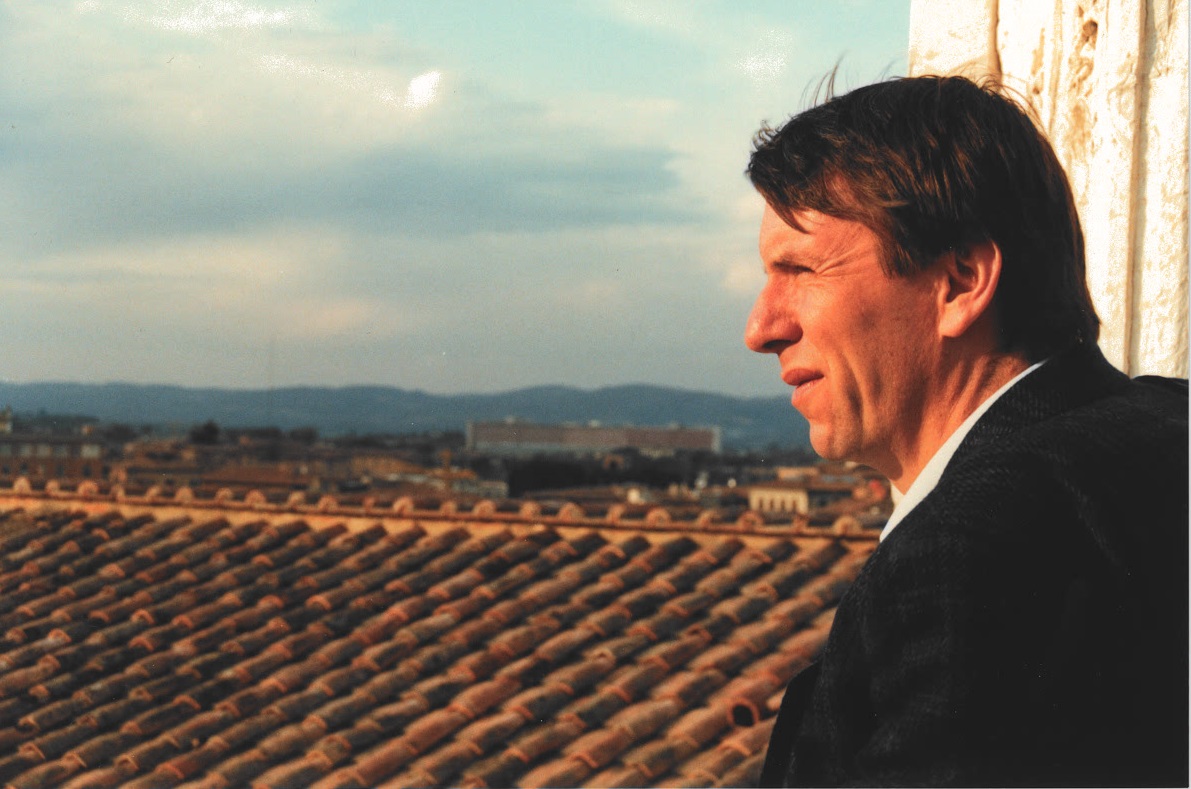
Out of place
There were two streams of thought within the committee. Thissen: “One took the view that TB should become a type of fast-track programme on top of existing engineering programmes. In other words, you would take on engineers who would only start to widen their perspectives at that late stage. I personally had doubts about that approach. You can’t fundamentally change the way an engineer approaches problems that easily. But that was exactly what we were looking for.”
Based on his work experience in the US and at our RWS, Thissen promoted option two: a multidisciplinary programme offering a combination of engineering, systems theory and policy processes. In 1989, the Executive Board eventually chose to develop the second option, despite most faculties supporting the first one. “They considered any programme in Delft that was not solely engineering-based to be a little out of place”, says Thissen.
A multidisciplinary basic programme
A new committee, led by former minister Zeevalking, then set to work on it. In the work of the new committee, one of the key issues involved how to incorporate the programme organisationally. Thissen: “Anyone who wants to get a multidisciplinary programme off the ground needs to adopt a strongly independent approach. Otherwise, your parent faculty will always see you as a cuckoo's egg and an outsider. In the US, I’d already seen for myself how numerous attempts to set up multidisciplinary programmes had failed for that very reason.”
With these experiences in mind, the Zeevalking committee recommended the establishment of an independent faculty to develop the TB degree programme. This recommendation was accepted by the Executive Board and the University Council. But that was not the end of the matter. Thissen: “The National Education Council issued a negative advice about the new programme. And the Minister refused to ignore this advice.”
In order to prevent further obstacles and circumvent the problem, it was decided to establish TB as a ‘free programme’ rather than an experimental one. Thissen: “That meant we no longer needed permission from the Minister. The only problem was that this kind of free programme had to be set up by an existing faculty. That’s why we were part of Civil Engineering for the first few years.”
Launch of TB possible at last
The year 1992 saw a small team launch the Technische Bestuurskunde programme. Thissen: “It was very much pioneering work, but a ‘can-do’ mentality prevailed. We were finally able to reap the rewards of some very difficult years.” Pieter Bots was the first lecturer to be appointed. Thissen: “In the early years, the focus was on teaching, but we were fortunately given the opportunity to gradually start investing in research. It was only later on that faculty research programmes got started.”
By 1993, the programme had its own faculty, which, as a result of a merger with the Faculty of Philosophy, Technology & Society, ultimately became TPM in 1999. Now retired, Thissen looks back at the birth and development of TB with pride. “I’m especially proud of the fact that we opted for a fully-fledged basic degree programme. I think my contribution to the committees played an important role in that.”
But Thissen also has recollections of a very difficult time. “I arrived in Delft in 1986 with the best intentions, but immediately found myself at the centre of conflict. I’ve always been a good sleeper, but I had quite a few sleepless nights back then. It was not pleasant. There were several times when I wondered: should I really stay on? But after the Executive Board decision, I decided to carry on. And I’m glad that I did so to this very day.”
Stay close to the core
TPM is Thissen’s life's work, and he is happy to see the faculty thrive. And what about the pioneering spirit of the old days? He believes it is still very much alive and kicking. However, Thissen is convinced that TPM needs to nurture its unique identity. “Over the past few decades, the size of the faculty and the number of programmes has increased hugely. The departments tend to increasingly do their own thing. But the original idea was actually about breaking down barriers and complementing each other.”
He compares TPM to a Christmas tree, in which each new study programme and specialisation represents a new bauble. “The more baubles you hang onto it, the heavier the tree gets. If you don’t make sure that the trunk is properly supported and maintained, the tree will fall over. Put another way: there’s nothing necessarily wrong with expansion, providing that you stay close to the core.”
TPM Portraits
In the "TPM Portraits" series, we speak to TPM members right across the faculty. In celebration of TPM's 30th anniversary we have had personal conversations with people who are ( or have been) all part of the TPM community in their own way. What have they experienced within the faculty? What is TPM to them today? And how do they see the future? A new portrait appears every two weeks.

